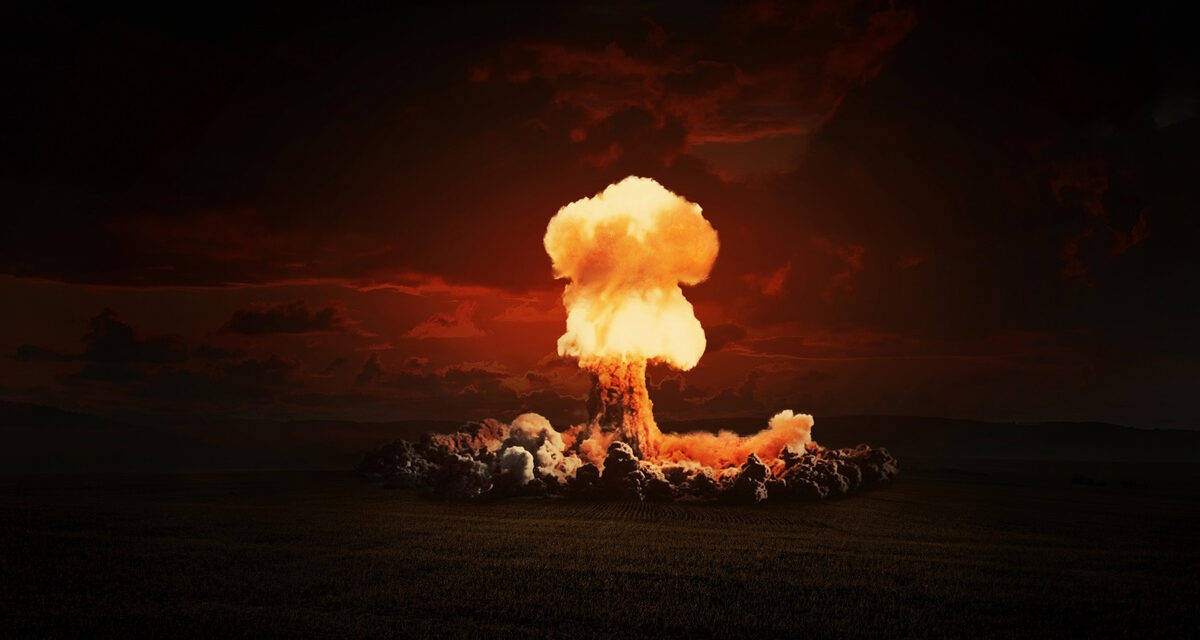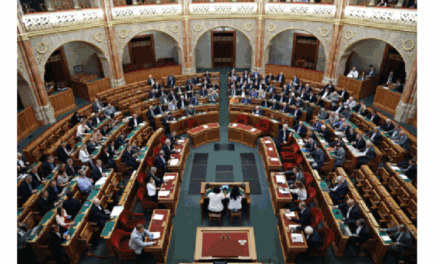According to the Ipsos survey, 73 percent of people globally, and 67 percent of respondents in Hungary, are afraid that another world fire will destroy them in the near future.
The war in Ukraine also has a significant impact on people's sense of security - this was revealed in the Ipsos global poll, which was conducted this fall, between September 23 and October 7.
The results of a very broad survey involving 32,000 people in thirty-three countries reflect that an average of 73 percent of those surveyed feel that in the next 25 years, another global conflict similar to the First and Second World Wars could engulf the world in flames
– and this is a 10 percent increase compared to last year's similar research.
The list is headed by Australia, where 81 percent of respondents fear another world war, 8 percent more than a year ago.
At the forefront are Ireland, Mexico and Peru (80 percent each), but even in the case of the USA, which is pushing for war the most, 76 percent fear.
Interestingly, "only" 70 percent of Ukrainian respondents thought about the possible negative consequences of the current situation, while
In the case of Hungary, the rate is 67 percent.
The least concern can be seen on the part of the Japanese, where 51 percent of the participants in the research assume another global armed conflict.
The biggest difference compared to last year's questionnaire was measured in Belgium, where 18 percent more people thought the outbreak of the world war was likely.
Arm yourself smart!
At the same time, the expectation of increasing military spending is increasing in most countries. 64 percent of those surveyed agreed that because of the threat, their own government should allocate more money for defense spending.
Unsurprisingly, Ukraine leads in this segment with 92 percent
- let's add that the country currently spends practically nothing on defense spending, as well as on the functioning of the state, because it has nothing to do, so everything is financed by the West.
The second place on the list is India (84 percent), followed by Poland (81 percent).
The proportion of those who agree that economic power is stronger than military power fell by one point to 67 percent. This is most likely due to increasingly different perceptions of the effectiveness of economic sanctions against Moscow.
Source (full article): mandiner.hu
Photo: 123RF












